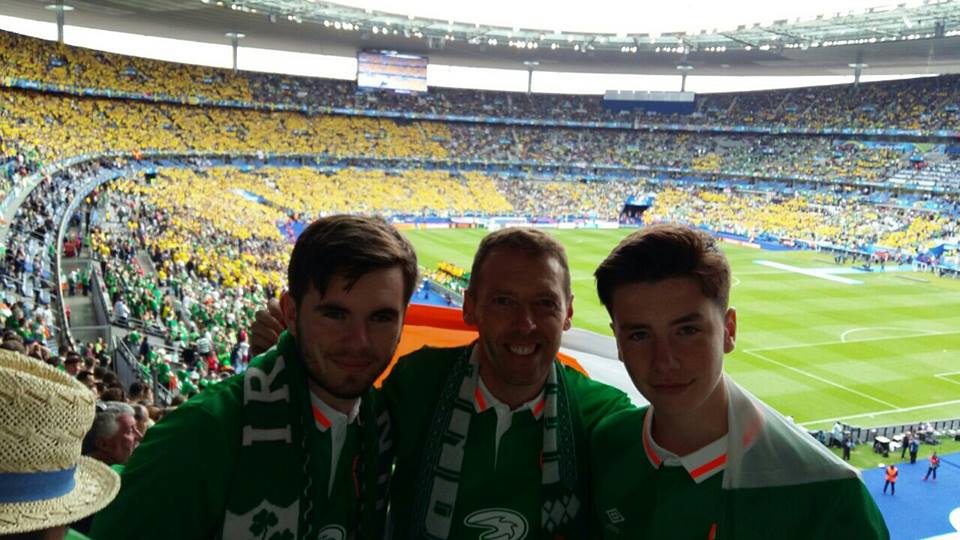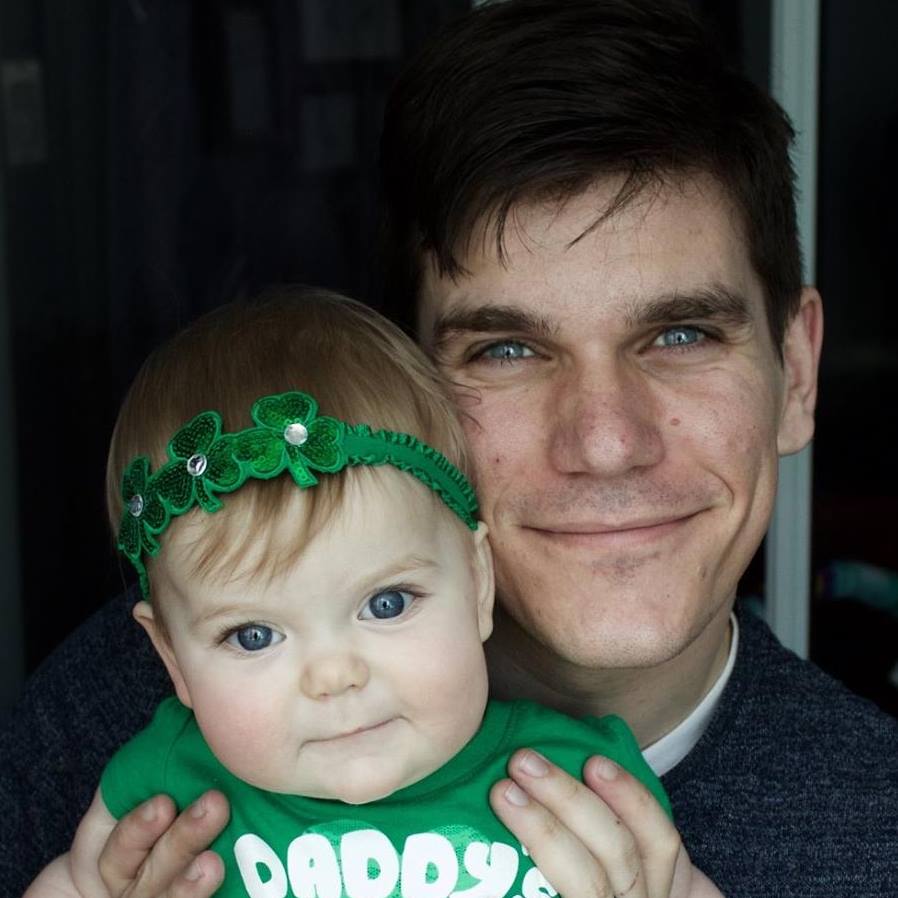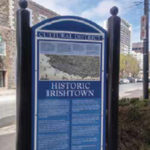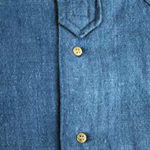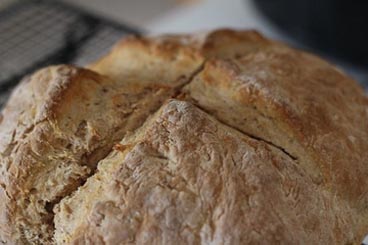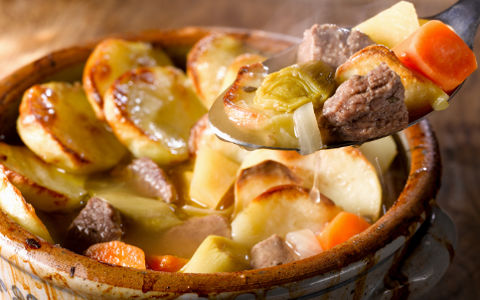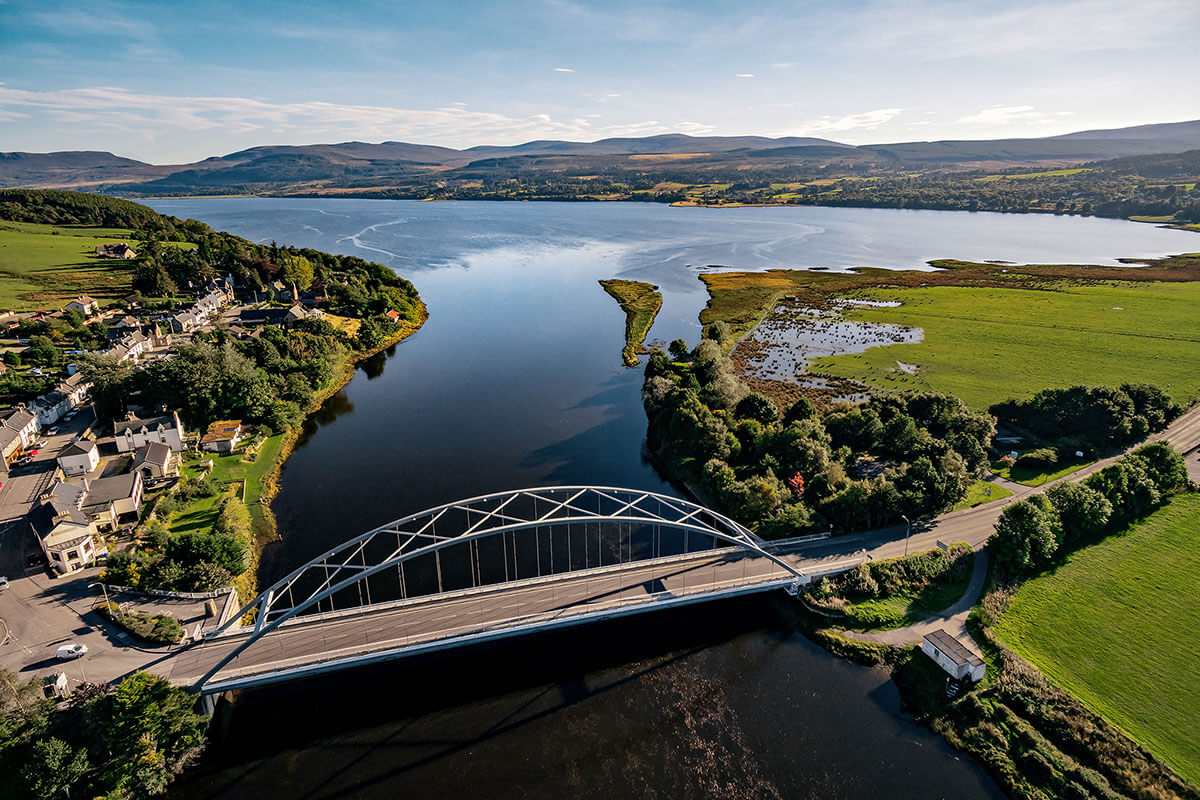By Desmond Devoy
If you want to make an Irishman cry, just play him Phil Coulter’s 1991 song, “The Old Man.”
If you’re a father, that’s how you’d want your children, specifically your son or sons, to remember you.
A dear friend of mine still has trouble listening to that song, composed by one of County Derry’s most famous sons, without choking up.
“He was more than just a father/A teacher, my best friend,” Coulter wrote. “And I miss him, the old man.”
But even in Coulter’s ode to a late father, even he admits that “there was so much left unsaid.”
The Irish ‘Da’ holds an interesting place in the culture. He’s not easy to pin down.
In America, you can point to dads from Ward Cleaver to Homer Simpson on sitcoms. Broadly drawn, comic, but generally well-meaning.
The Irish ‘Da’ is far more complex (the Irish playwright Hugh Leonard used that term, ‘Da, as the name of his 1978 Broadway hit.)
Growing up, on visits to my Gran, Lucy Devoy, in Dublin, I remember her talking of her late husband, Joseph Devoy, who died in 1978.
“I would’ve taken a bullet for your grandfather,” I remember her saying, without hesitation.
I was born two years after he died, so I never met him, but I caught a glimpse of how he felt about her in a poem he penned in her honour in 1973, an ode to “his busy little wife.”
It would not be until 2001, as a young man, that a few shades of nuance would enter Gran’s memories of him. She still missed him, but, noted that “he was a man of his age,” and she admired how my Uncle John takes an active role in the raising of his children.
One of the best descriptions of an Irish father came not from the usual depository of illustrations of Irish fathers – the stage – but from Irish broadcaster Gay Byrne’s 1989 autobiography (written with Deirdre Purcell), The Time of My Life.
“My father was like Brutus: a plain, blunt man,” is how Byrne (Gay or Gaybo to his fans) described his ‘oul fella. Byrne’s mother’s word was law in their Dublin home, and “whereas he never lifted a finger to us on his own behalf, if she (mother) complained to him about our behaviour he belted us unquestioningly.”
But Byrne added that “our Da did not like being a disciplinarian…He was quite gentle at the back of it all.”
Here’s where it gets sad. Byrne “never had the opportunity to get close to him, since he died before I left school, and in the era in which we lived, the only chance to get to know your father was later, in adult life, when you could approach him as an adult.”
My own father, who attended the same school as Gay, a few years afterwards, had a similarly confused relationship with his father. In 1995, he and I were walking through a hotel parking lot in suburban Washington, D.C. on a family Irish dancing holiday (my brother and sister danced. I minded the “pink bag,” full of dance shoes, and read the weekend newspapers in peace. It was win-win.) Out of nowhere he asked, “Son, are you afraid of me.”
I replied instantly, “No.”
He was, and remains, the least threatening man I have ever met. Even as a 15-year-old, I knew he was still working some things out about his relationship with his late father. It’s interesting to note that one of the times when he knew his father was most proud of him was when he came upon my father fighting in some south Dublin street as a kid. Joseph Devoy was ever the salesman, but on this particular occasion, seeing his son holding his own in defending himself – so he assumed – he stopped the business he was conducting on the pavement and started shouting encouragement at my father.
(To be fair to Joseph, so far as I know, he never raised a hand to my father or grandmother.)
“I suppose it boils down to the fact that he had no time for kids: that was women’s work,” he recalled. “I am very sorry that he died before I had the opportunity to sit with him on a bar stool, to buy him a pint and shoot the breeze…He was, simply, a man of his generation.”
If we go further back, we can see how fraught Irish fathers could be when dealing with their children, especially daughters. According to the Blarney Woolen Mills web site, some believe that the creation of the first Brigid’s Cross was done for the saint’s father on his deathbed.
Saint Brigid (451-525 AD) is said to have woven the cross from rushes she picked up on the floor beside the pagan Chieftain’s death bed in County Kildare, and “he was so enamoured by her words that the old Chieftain requested he be baptized as a Christian just before his passing.”
Compare that with Saint Dymphna, the patron saint of people with nervous and mental disorders and victims of incest (you’ll see why in a minute.) Born in Ireland in the seventh century, her mother died when she was a teenager. Her father, the king, was so overcome with grief at her death, that he likely went mad, and saw his late wife within his daughter – and planned to marry her. Dympnha got wind of the sinister plot and fled with colleagues to Belgium. In time, her father tracked her down and killed her.
So, no candidate for Father of the Year then.
But Irish fathers, no matter how they are portrayed in song or stage, still feature prominently in the Celtic heart. As a child of about three, if I remember correctly, I went to Ireland with my mother, while my father stayed behind in Canada. I remember walking into a room in an unfamiliar house in the country. Through a window on the other side of the room I could see some men playing Gaelic football, in red jerseys, on the greenest grass I’d ever seen. They remind me of my father, with their wild, dark hair. And a sudden wave of sadness washed over my young heart – it was my first memory of a flood of emotion.
I missed my Daddy.
In the 1950s, as my mother tells it, the man who would become her adoptive father, Frank Boland, would come to the back door of the orphanage where she lived at the time. His visits were a ray of sunshine in a very, very dark place. Thanks to the help of a helpful little nun on the inside – one of the good ones – Frank and my mother would meet up on the back stairs for a few brief, wonderful moments, before she had to be returned to her bed.
Love conquers all – even paternal love.
But for me, one of the most beautiful stories of an Irish father’s love comes from Frankie Benson, a Belfast native, musician, and long-time host of an Irish-Canadian radio show in Toronto. His own biological father had died before his birth, and his mother later re-married – behind the backs of Frankie and his brother. Somehow, she had kept her new relationship hidden from her sons (almost unthinkable these days.) She just went away for a few days for what he would later learn was her honeymoon. Halfway through the trip, Frankie and his brother were bundled off to the seaside to meet up with their mum. His mother took him to the beach and they saw a man running along the shoreline, with curly black hair.
As he ran up to them on the beach, Frankie’s mother pointed to the man.
“Do you see that man?” she asked. “That’s your new Daddy.”
Thankfully for Frankie, it was love at first sight.
Not all of us are that lucky to have that fall-in-love moment with our father. But if we are lucky, it is a love ever-lasting.
There are not enough words to describe how much I love my father. He has been my example in this life.
Gentle. Intelligent. Funny.
A copy of Flann O’Brien’s “Hair of the Dogma,” ever on his bedside. A poem on his lips. And his example and love ever with me.
He’s set the bar high for me with my own two daughters. That’s the best part of being a father – being able to completely love and protect someone who is a part of your heart.
Happy Father’s Day to all the Celtic daddies out there.
